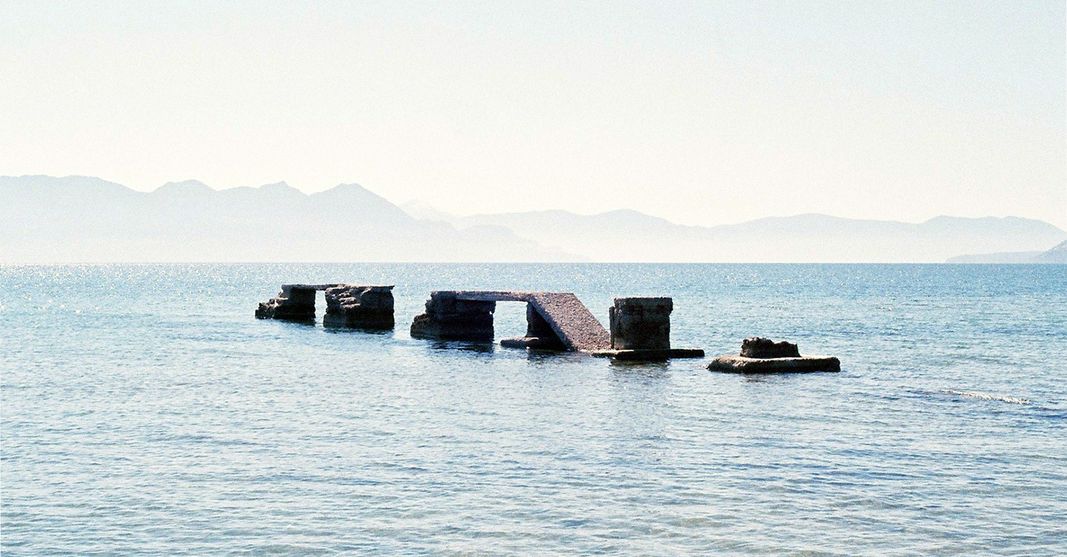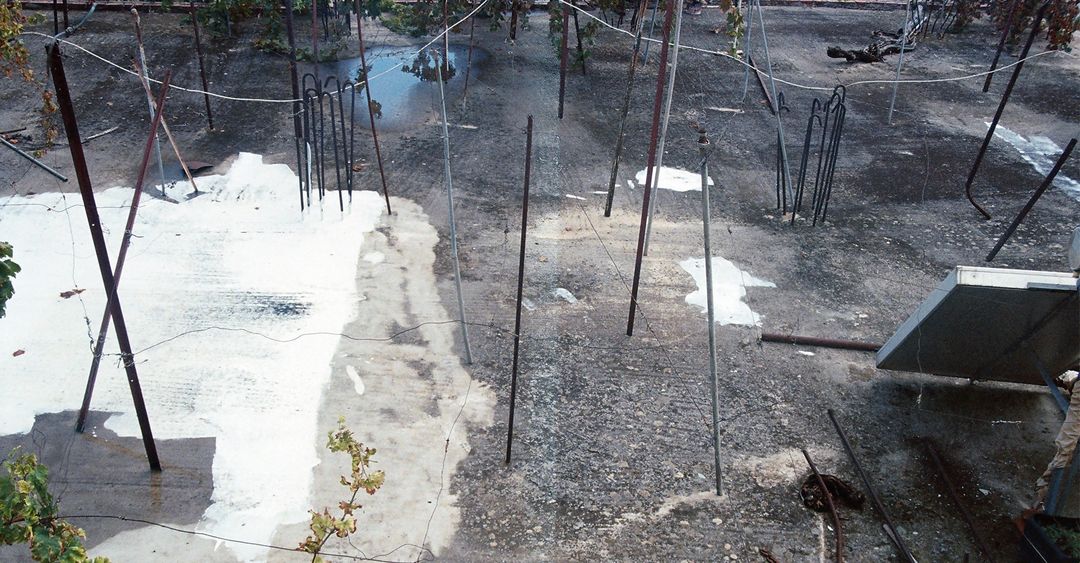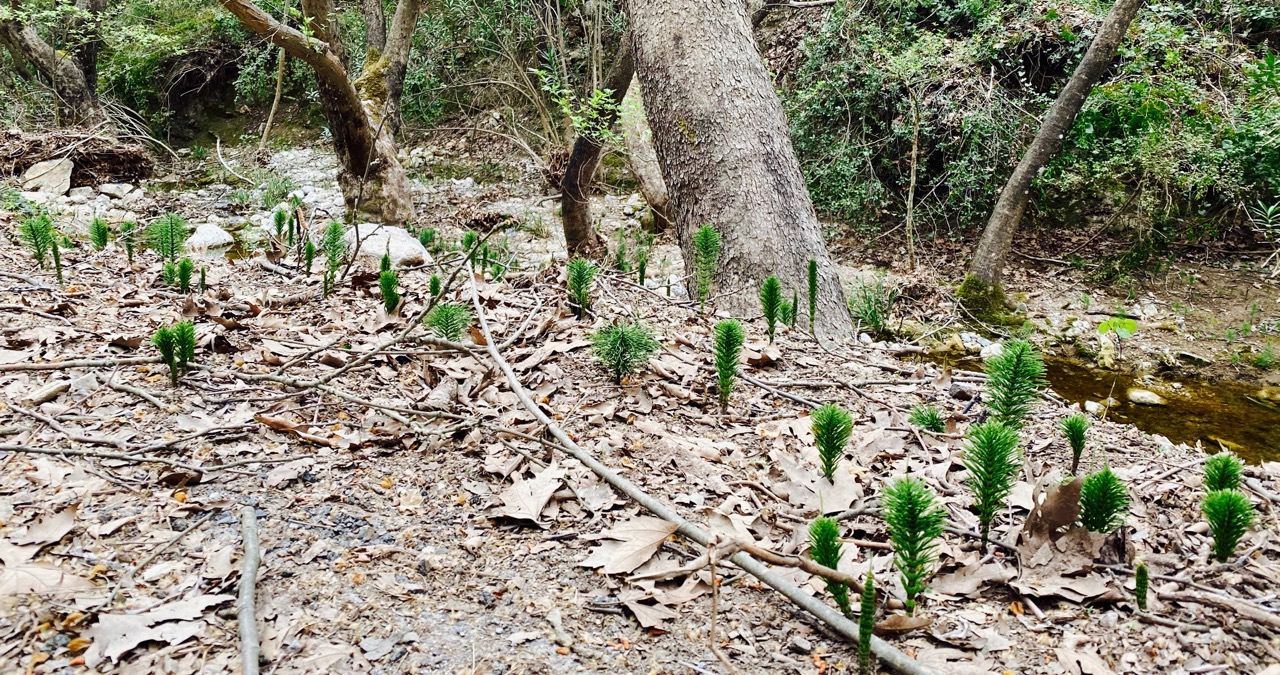INSTITUTING – instead of an editorial
How is it that we can refuse to reproduce the situations of stuckness or the political and intellectual impasses in which we live without pretending we entirely become a-historical? I tend to always think that the space of disturbance as the space of multiplication of events […] when you don’t know how to move … the ways that you had for moving no longer work. One of the jobs of theory and of any art making is to provide infrastructures for transformation […] Infrastructures however are not same thing as institutions […] Infrastructures are there for use.
(Berlant, 2017)
This online edition seeks to function as a continuation of previous transformative moments and encounters, as a call for new densities in time through invisible plottings. As in previous editions of the New Alphabet School it also seeks to work complimentary to the live event that took place in Athens in June 2021.
We begin by proposing instituting as a verb, as a process that both refuses and flees from institutionalisation and structuralisation as a potentially critical methodology in curating, art making and organising that includes and thinks through both forms and deformations. Always in close relation to its opposite de-instituting.
Invisible Committee in their book Now (2017) write “in reality what we need are not institutions but forms… Everything that lives is only forms and interactions of forms”. This iteration considers practices and forms that ephemerally force us to rethink pre-given imaginaries and modus operandi and bear the potential to function as transformational infrastructures – vulnerable situations that emerge from within and against specific strictures. Lauren Berlant uses the term “transformational infrastructures” to describe generating a form from within brokenness beyond the exigencies of the current crisis, and alternatively to it too, as they write, “being in the space of broken form and as you proceed transformation can (perhaps) proceed” (2016: 393).
Thinking of instituting as a process we might also think of practices that evolve within but also beyond a building. Perhaps across many buildings, shared spaces and encounters that form constellations (in a sense stories) of practice. Improvising relations of form and context, places we make again and again with others that reconsider the specificities of a here and now.
In their text in this blog section Stefano Harney and Fred Moten propose a “commitment to the impermanence of form because form is to be used, like an everyday thing” as they write “you use it, that is to say deform it […] acceding to and enacting its transformation, in and for the everyday”. So instituting could be considered as this continuous process of making and tearing apart, of using and deforming that is integral in the everyday. For Kike Espana and Gerald Raunig the instituent emphasizes “the fact that in every new composition, there is an act of instituting, and there is a duration of instituting, a persistent chain of interventions into a territory, a sociality, an ecology, against the project form”. In their text they offer the term “monstrous complicity” while they argue that “providing new content, but keeping the institutional form would not be enough”. In her contribution to the Instituting section Nina Power asks “how to both live within our institutionalisation – vague as it sometimes is – and go beyond it, to be free to live an-archically? In setting up new institutions, or resurrecting old forms, can we resist the temptation to embody the institution?” and suggests that a way to escape “inevitable self-bureaucratisation […] is to avoid ever setting out rules”.
Thinking of instituting against structuralisation and “setting out rules” as an attempt to repeatedly challenge pre-given imaginaries as these take place inside and outside institutions might also mean to consider processes that call against sustainability, of maintaining things as they are, of making things comprehensible. Thus, processes that refuse legibility, refuse to follow pre-given modus operandi, and at times might offer moments that “blur” what is there, that as Harney and Moten write are “always forming but never completing”. In the foreword to All Incomplete (2021) Denise Ferreira DaSilva refers to “incomprehensibility” in relation to incompleteness something that also feels very useful in relation to processes of instituting. This incomprehensibility of moments of instituting embodies both a dependency upon existing relations and a refusal to accept the way things are. A timely /militant vulnerability.
Instituting could then be this process that refuses to settle into one structure, one form, perhaps even one building. Thus, we can see instituting as a continuous improvisational practice that at times in a constellation takes a visible form. A form that emerges and remains dependent upon multiple and repeated invisible, illegible and incomprehensible densities.
In his text, Manolo Callahan analyses “specific spaces of convivial research and insurgent learning that are also tacking toward the reconstruction of social infrastructures of community” and Andrea Ghelfi argues for our “ability to create translocal infrastructures able to support, defend and remake alternative forms of existence”. Athena Athanasiou suggests that in a fight against neoliberal de-institutionalisation “it is about defending, imagining, and performing not only what already exists but also what is yet to come; what is to be reclaimed from existing civic practices and institutions and what is to be instituted anew”. Meanwhile, Olga Lafazani who discusses the occupation of City Plaza Hotel suggests that “far from romanticizing solidarity projects, at Plaza it was proven once more how critical it was to actively engage with specific practices rethinking structures, collectivity and organization”.
Instituting was also something to consider in the context of Athens and Greece in relation to multiple grassroots practices and improvised social forms that emerged during the last decades of financial and social crisis. The so-called solidarity movement offered multiple improvised temporary structures, shared spaces and reconsiderations of pre-given social forms and imaginaries whether these were exchange networks or medical clinics, squatted social buildings or reimagined cultural spaces. Such experiments we can also see as proto-institutional forms and at the same time instances of institutional critique that challenge existing practices, moments of social improvising that functioned as social processes. Christos Giovanopoulos in his discussion with Alexandros Kioupkiolis notes, “the social, the economic and the political, the institutional and the grassroots, the resistive and the prefigurative elements were overlapping […] hence they created a once-in-a-generation chance for social change from below” and argues that “their incompleteness instead of marking the ephemerality of social improvisation, suggests a different kind of being (active). A different kind of open and participatory political culture that may indeed lack, so far, its institutional counterpart structures”.
Engaging with such practices of instituting might force us to reconsider the relation between ephemerally transformative moments and durable structures, to question instituting and institutions, persistence and disappearance: What might be the relation between instituting and durable structures? How ephemeral transformative shared moments may form durable structures that support a liveable life? What processes of instituting “against structuralization” can survive within existing institutions? Are such practices possible or always recuperated within existing structures and made redundant? How might instituting as a form of incomprehensibility and dependency operate? How might it relate to a field? What about the undercommons of the smoke room? How do they mutate across the rooms, through closed doors and spaces?
Questions of instituting and (transformational) infrastructure keep occurring in this collection and it feels even more as this edition should be dedicated to Lauren Berlant who very sadly passed away this summer on the last day of the Instituting event in Athens. In their contribution to another public programme in Athens few years ago they talked about the concept of transformational infrastructure that has two functions “one is as a pedagogy of unlearning the world you don’t want to reproduce and the other is building other infrastructures both material and affective for the extension of life in forms that haven’t been consensed to yet but can be produced from within life”.
Instituting as this evolving practice of making that takes place and haunts buses, and boats, cafes, bars, parks, streets and institutions, galleries and buildings and occupied spaces and repeatedly points towards future forms of study. There are many encounters and events that haunt us and form what we do, many of which take space and time and a visible form, and even ephemerally mark the city, a space, some work. And then again there are other processes of invisible instituting that seem lost in time and space and yet institute us otherwise, forming invisible trails of practice and actions of a practiced otherwise. Repeated moments that make new formations and give ephemerally new meanings. Embracing the “impermanence of form”; the impossibility of rules; modes of “monstrous complicity”; deformed intimacies. Incomplete indebted encounters that somehow repeatedly lead us to doing, and doing again, and doing otherwise, as ways that perhaps can induce possibilities for a “new repetition”, that as Berlant argues is “a transformational infrastructure” (2017).
To the afterlives of mourning and stuckness and the inevitable transformational infrastructures that are and will repeatedly emerge in the everyday.
Bibliography
Berlant, L., (2016a) ‘The commons: Infrastructures for troubling times’, Environment and Planning D: Society and Space. Vol. 34 (3): 393-419.
Berlant, L., (2016b) Interview, IPAK Centre. Available from: https://www.youtube.com/watch?v=Ih4rkMSjmjs Accessed 19 August 2019
Berlant, L., (2017) ‘Q & A about transformational infrastructures’, Presented at public programme In Spite of Everything: Stubborn returns and urban afterlives, Athens, 25th May.
Ferreira Da Silva, D., (2021) ‘Foreword’ in Harney, S., & F. Moten (2021), All Incomplete, Colchester / New York / Port Watson: Minor Compositions
Harney, S., & F. Moten (2021), All Incomplete, Colchester / New York / Port Watson: Minor Compositions
Invisible Committee (2017) Now, South Pasadena, CA: Semiotext(e)


